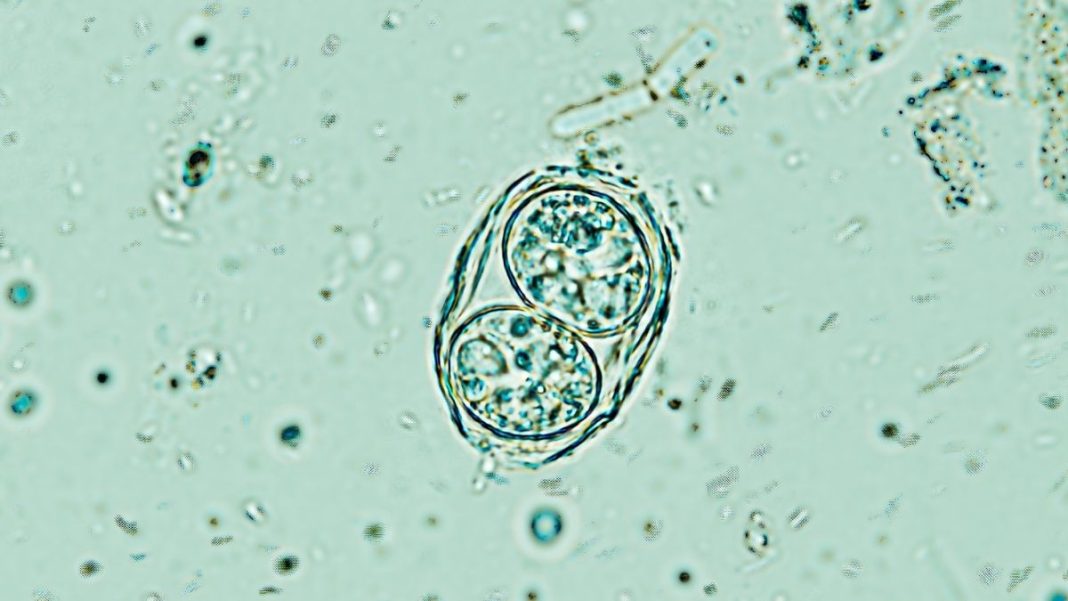The human brain, a marvel of complexity, is also surprisingly vulnerable. For years, scientists have understood that a common, often asymptomatic parasite can take up residence in our gray matter, subtly influencing everything from mood to decision-making. The unsettling part? Once it’s there, it’s notoriously difficult to evict. But hold onto your synapses, because a significant breakthrough might be on the horizon, promising a future where we can finally clear our brains of this unwelcome guest.
The Invisible Influence: When a Parasite Sets Up Shop
Picture this: a microscopic intruder, widespread globally, often acquired through common exposure like contaminated food or cat feces. This resilient organism, known as Toxoplasma gondii, can infect nearly any warm-blooded animal, including humans. While many of us remain blissfully unaware, developing no acute symptoms, the parasite often forms dormant cysts within brain tissue. These cysts, while inactive, are far from benign.
Research over the past decades has painted a compelling, if somewhat unsettling, picture of its subtle long-term impact. From studies linking it to altered risk-taking behavior and personality shifts to a potential association with certain neurological and psychiatric conditions, its presence is more than just a biological curiosity. The real challenge has always been its elusiveness once embedded. Current treatments are often effective against active infections but struggle to eradicate these dormant brain cysts, leaving millions with a permanent, albeit quiet, resident.
A Glimmer of Hope: Targeting the Dormant Threat
The good news arrives from the frontiers of neuroscience and parasitology. Emerging research points towards a novel approach that could revolutionize how we tackle these persistent brain invaders. Instead of trying to directly destroy the hardy dormant cysts – a task akin to finding a needle in a haystack and then disarming it – scientists are exploring methods to coax the parasite out of its hiding spots, or to strengthen the brain’s own immune response to finally clear them.
One promising avenue involves compounds that can reactivate the dormant parasites just enough to make them vulnerable to existing treatments or the body’s natural defenses. Another explores bolstering specific immune pathways within the brain that have previously struggled to identify and eliminate these entrenched cysts. While still in its early stages, the potential is monumental. As one lead researcher, Dr. Anya Sharma, reportedly stated, “This isn’t just about targeting a parasite; it’s about potentially unlocking better cognitive function and mood for millions, giving the brain back its full autonomy.” This shift in strategy offers a viable path forward where none truly existed before.
Beyond the Brain: Broader Implications for Public Health
Imagine a world where this parasitic burden is no longer a silent factor in human health. The implications stretch far beyond just clearing an infection. If this breakthrough translates into a safe and effective treatment, it could have profound effects on public health, potentially reducing the prevalence of conditions linked to the parasite, improving cognitive resilience, and fostering a deeper understanding of the intricate relationship between microbial residents and our neurological well-being. It represents a significant step toward a future where our brains are truly ours, unburdened by these microscopic, persistent tenants.
While we eagerly await further developments, this initial insight provides a powerful reminder of ongoing scientific ingenuity and the relentless pursuit of solutions to complex health challenges. The prospect of clearing our brains of this common parasite isn’t just good news; it’s a testament to the unwavering hope for a healthier, clearer-minded future.




